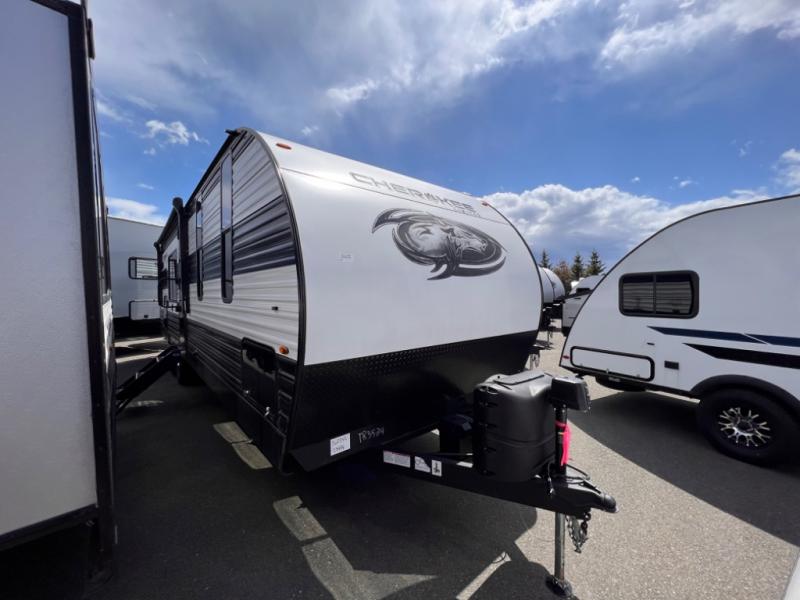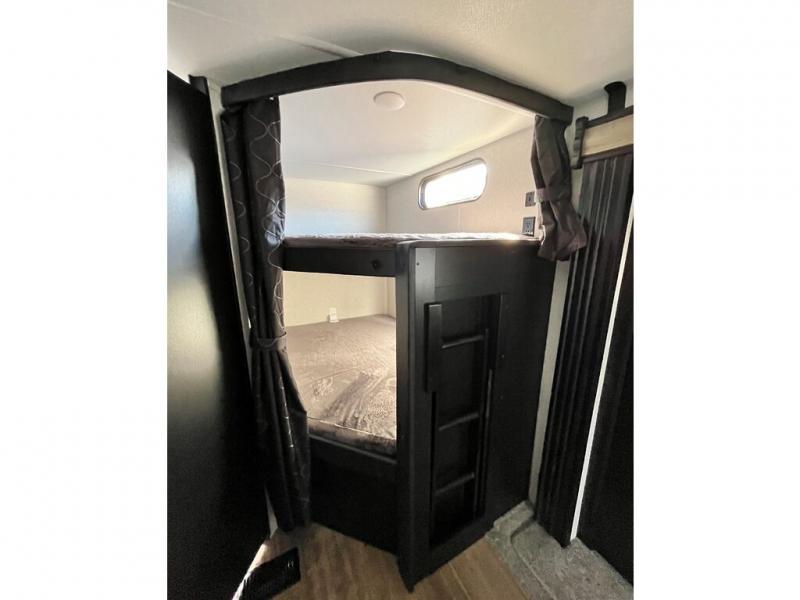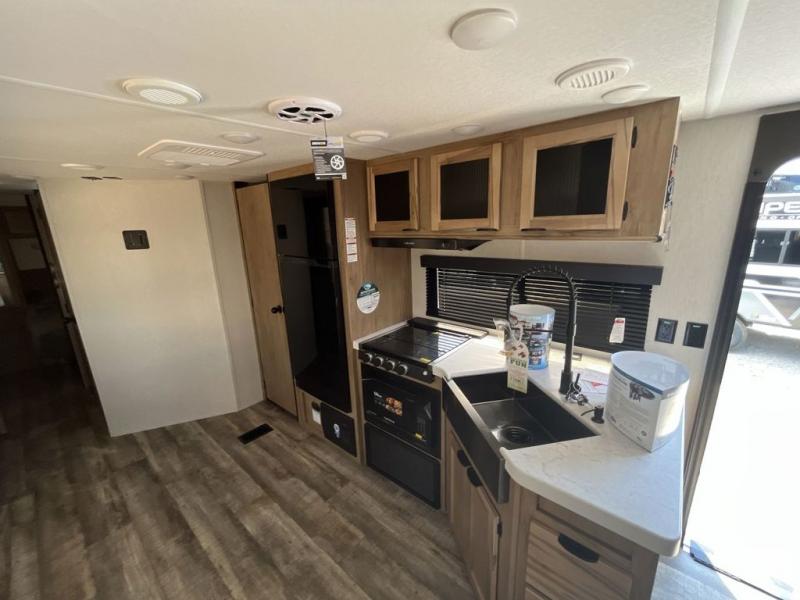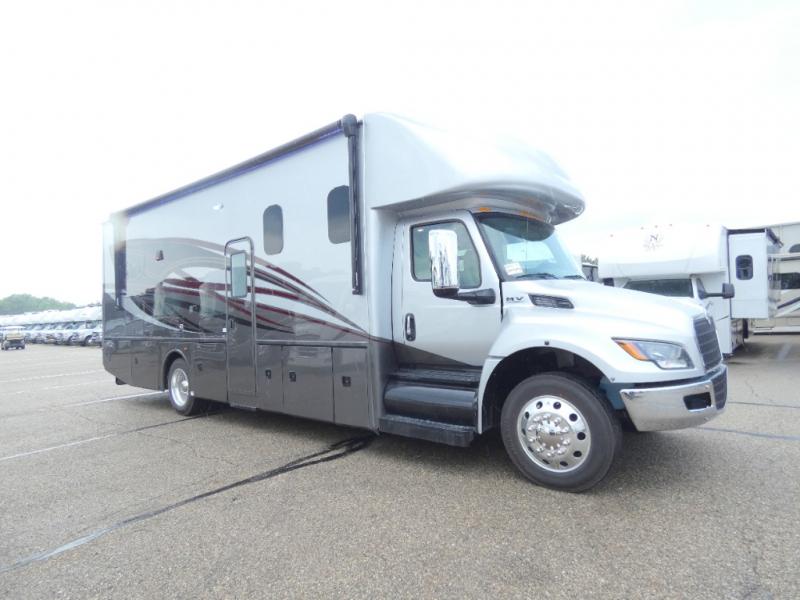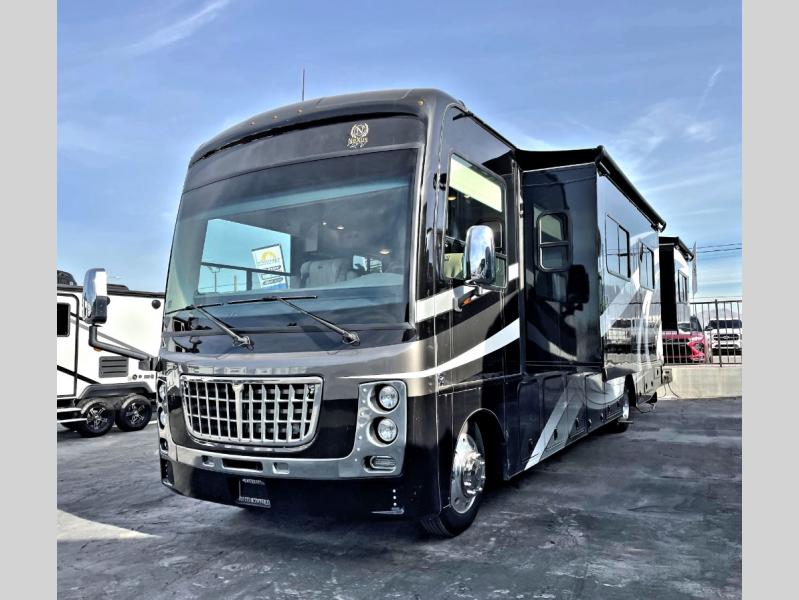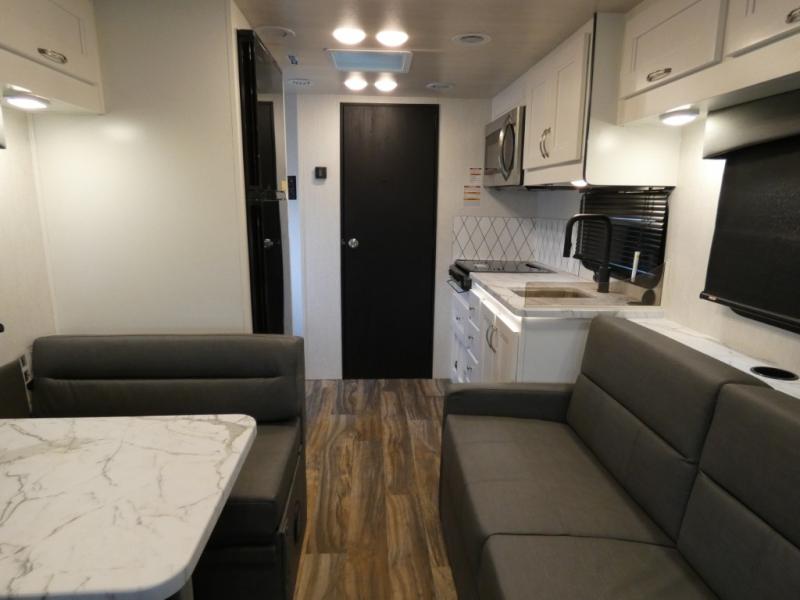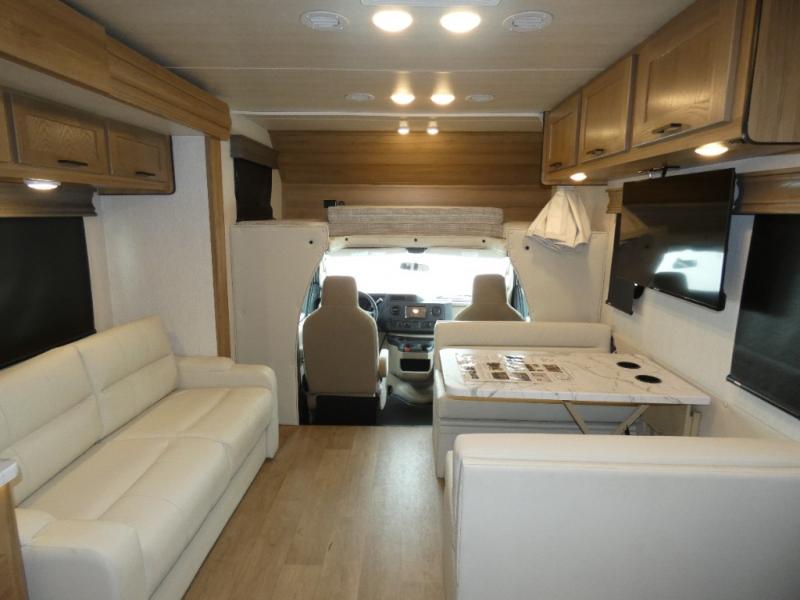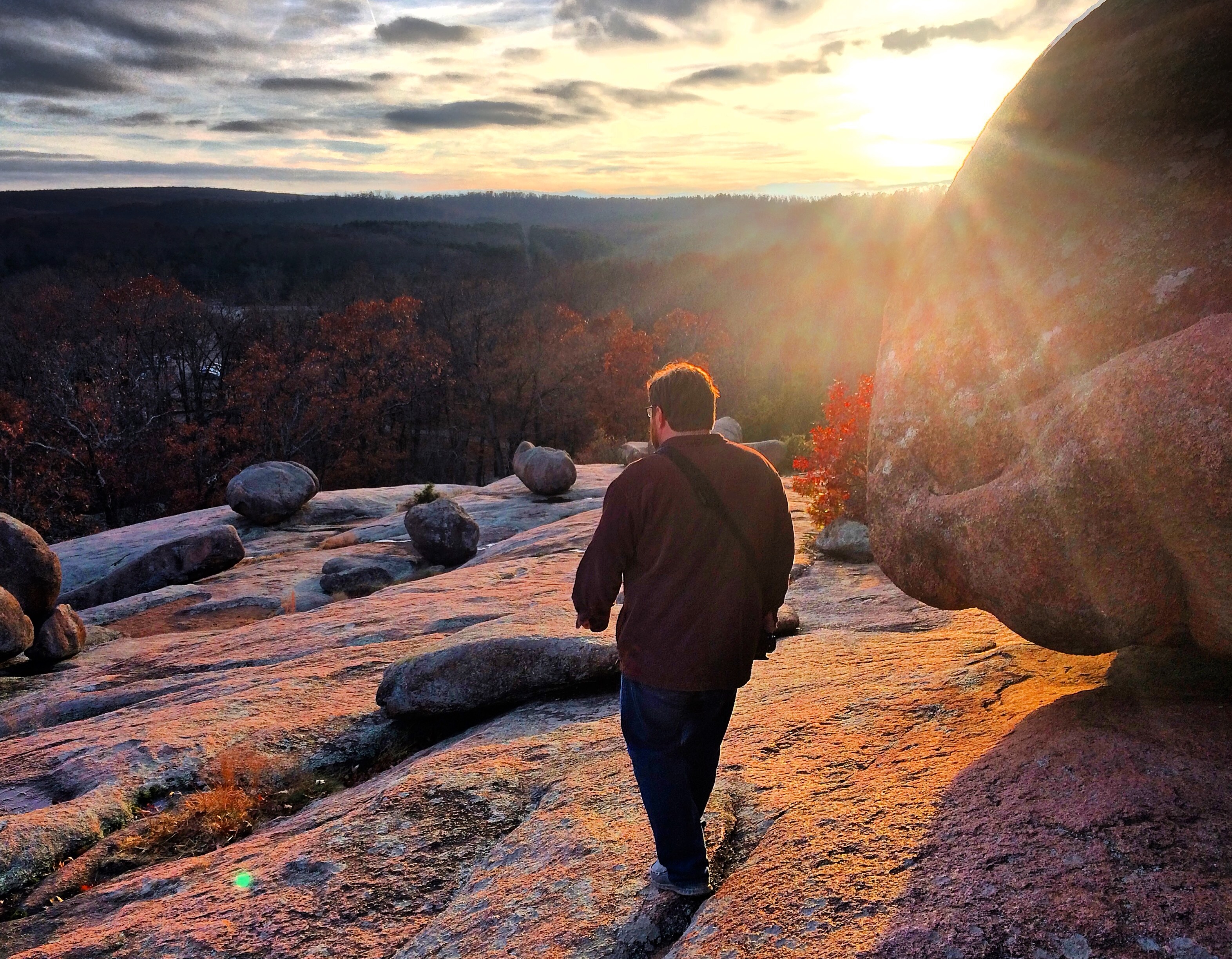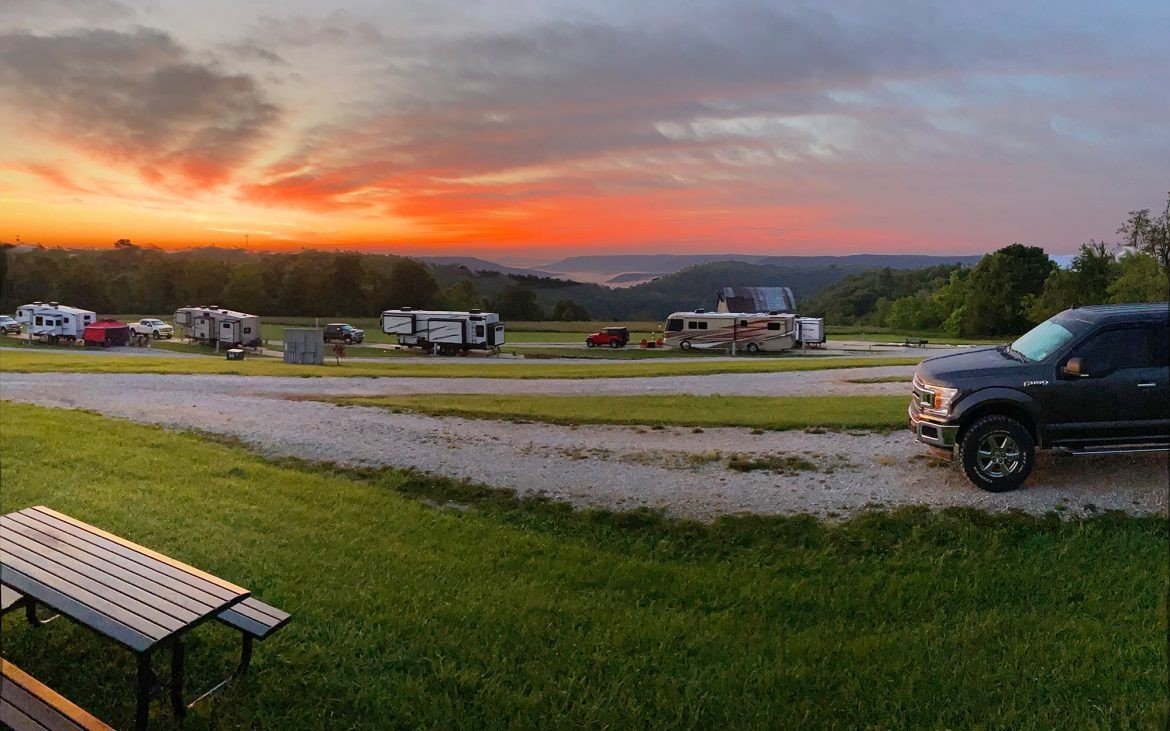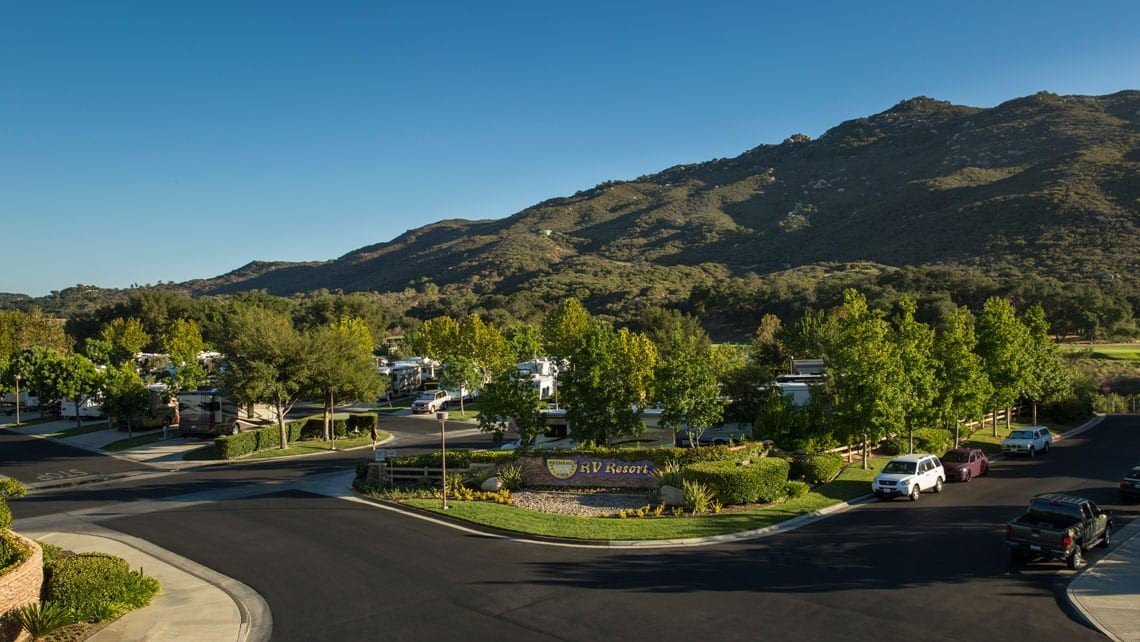3 minutes reading time (501 words)
Making friends while traveling in an RV can be a rewarding experience, offering opportunities to connect with like-minded individuals and enrich your journey. Here are some strategies to help you make friends on the road:
1. Stay at RV Parks and CampgroundsSocial Settings: RV parks and campgrounds are social hubs where you can meet fellow travelers.Community Events: Participate in campground-hosted events like potlucks, bonfires, or group hikes.Introduce Yourself: Don't hesitate to introduce yourself to neighbors. RV communities are often friendly and welcoming.2. Join Online RV Communities and ForumsSocial Media Groups: Join RV-related groups on platforms like Facebook, Reddit, or specialized RV forums.Meetups: Look for meetups or gatherings organized through these online communities.Share Experiences: Engage in discussions, share your travel stories, and ask for advice.3. Attend RV Rallies and EventsNational Rallies: Attend large RV rallies and events where enthusiasts gather.Special Interest Gatherings: Look for events centered around specific interests or RV brands/models.4. Participate in Group ActivitiesLocal Classes or Tours: Join local classes, workshops, or guided tours where you can meet people with similar interests.Outdoor Activities: Engage in group outdoor activities like hiking, biking, or bird watching.5. Use Social AppsTravel-Friendly Apps: Apps like Meetup, RVillage, or even dating apps with friendship options can connect you with nearby people.Plan Meetups: Use these apps to plan get-togethers or join existing ones.6. VolunteerLocal Opportunities: Look for volunteer opportunities in the areas you visit. It's a great way to meet locals and give back to the communities you're enjoying.7. Frequent Local BusinessesCoffee Shops and Eateries: Regular visits to local coffee shops or eateries can help you meet both locals and fellow travelers.Attend Local Events: Farmers' markets, festivals, and community events are excellent places to mingle.8. Be Approachable and FriendlyOpen Body Language: Smile and maintain open body language to appear approachable.Initiate Conversations: Don't be afraid to start conversations. Ask questions about the area, their RV, or their travels.9. Join Special Interest GroupsIf you have hobbies like photography, bird watching, or biking, find groups or clubs that focus on these interests.10. Connect with NeighborsCasual Interaction: Simple gestures like greeting your neighbors or complimenting their RV can open the door to further conversation.Offer Assistance: Offering help with setting up or sharing local tips can be a great icebreaker.11. Travel with PetsPet-Friendly Areas: Pets can be great conversation starters, especially in pet-friendly parks or areas.12. Host an EventOrganize a Gathering: Host a small get-together, BBQ, or game night at your site and invite neighbors.13. Keep in TouchExchange Contact Information: With those you connect with, exchange social media contacts or email addresses to stay in touch.The key to making friends on the road is to be open, friendly, and proactive in seeking social interactions. Remember, many people you meet are likely in a similar situation and would welcome new connections just as much as you do.
© 2023 WEnRV.com, a division of Outdoorsmen.com, Inc. Contact Us: 1 (888) 838-3396

